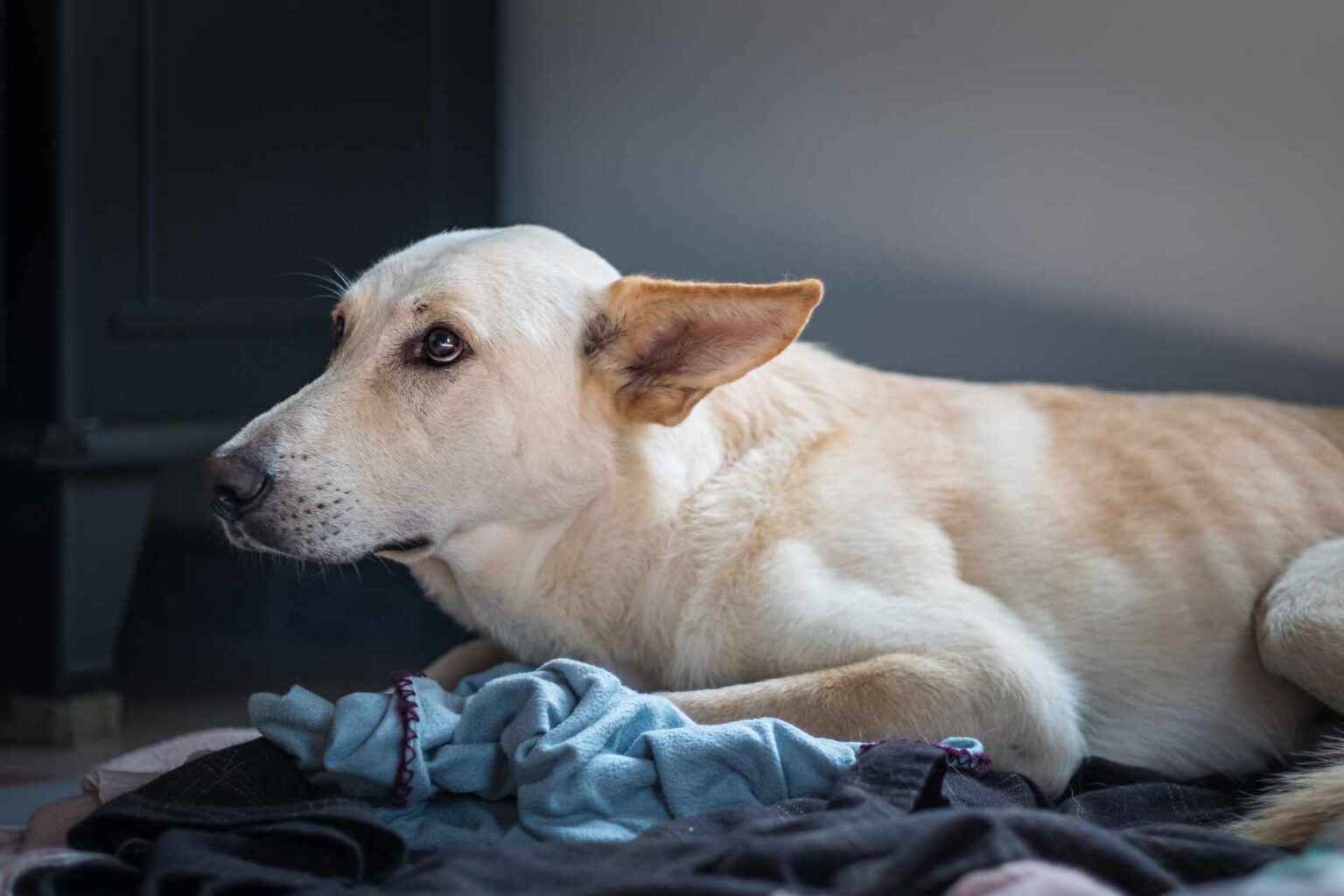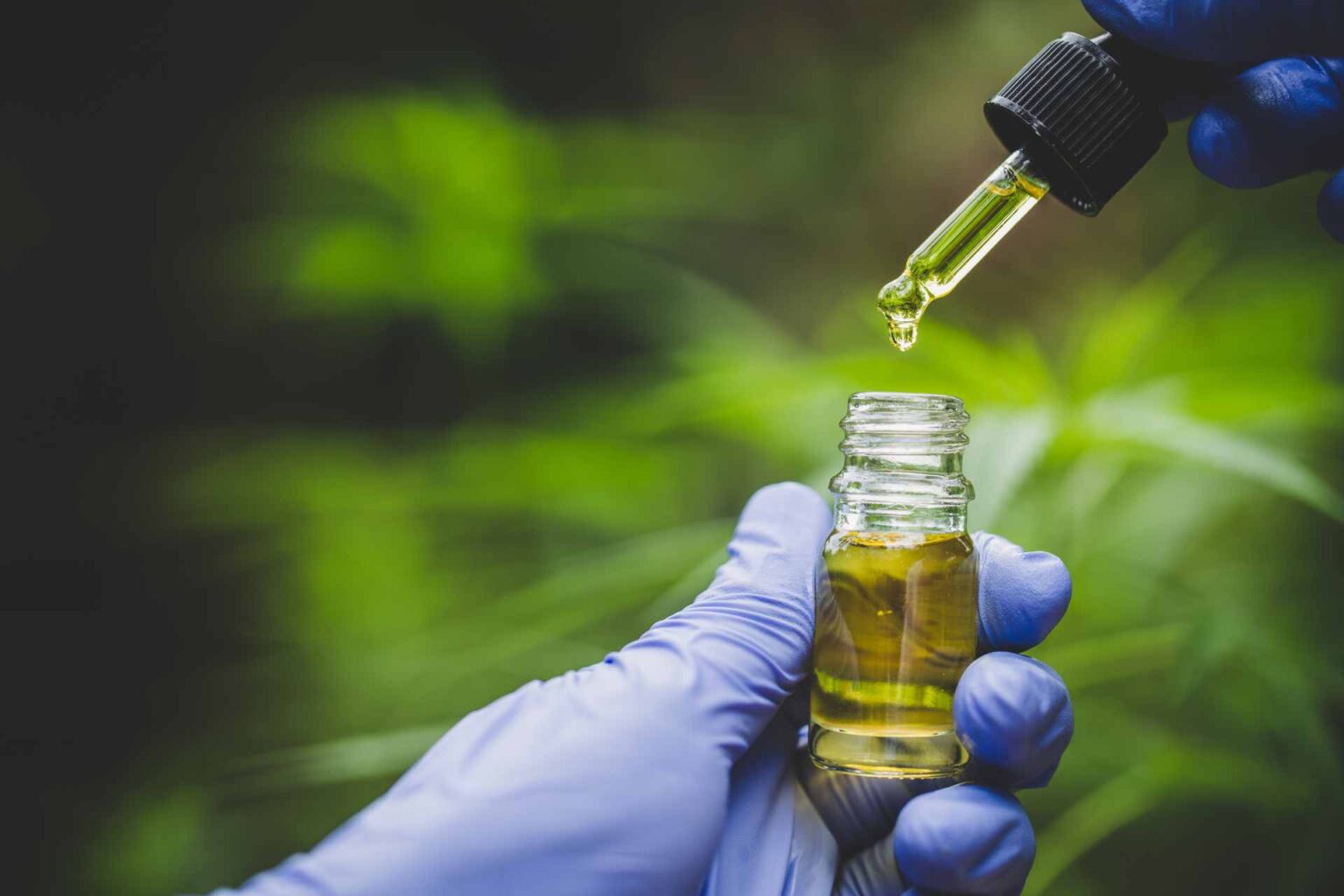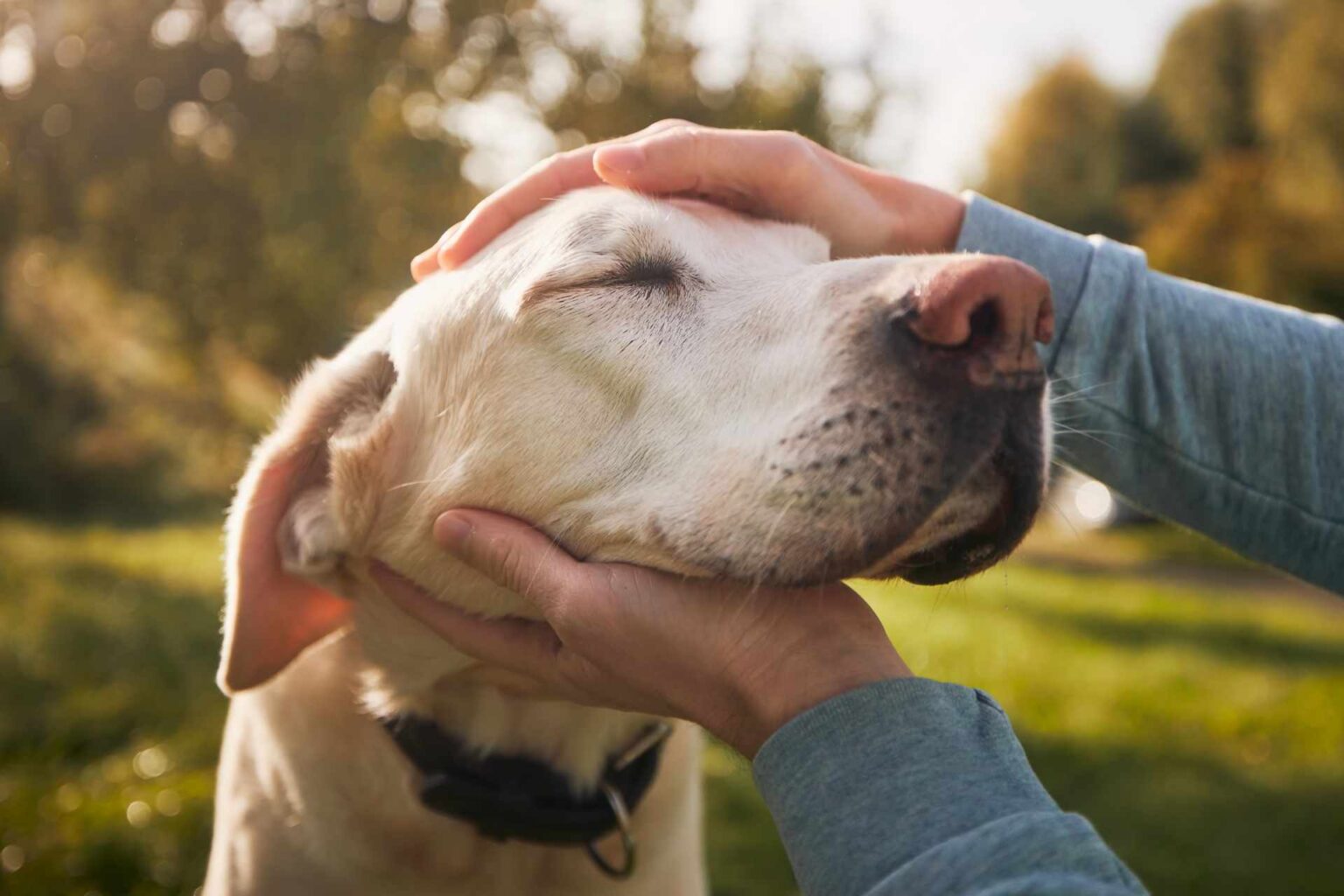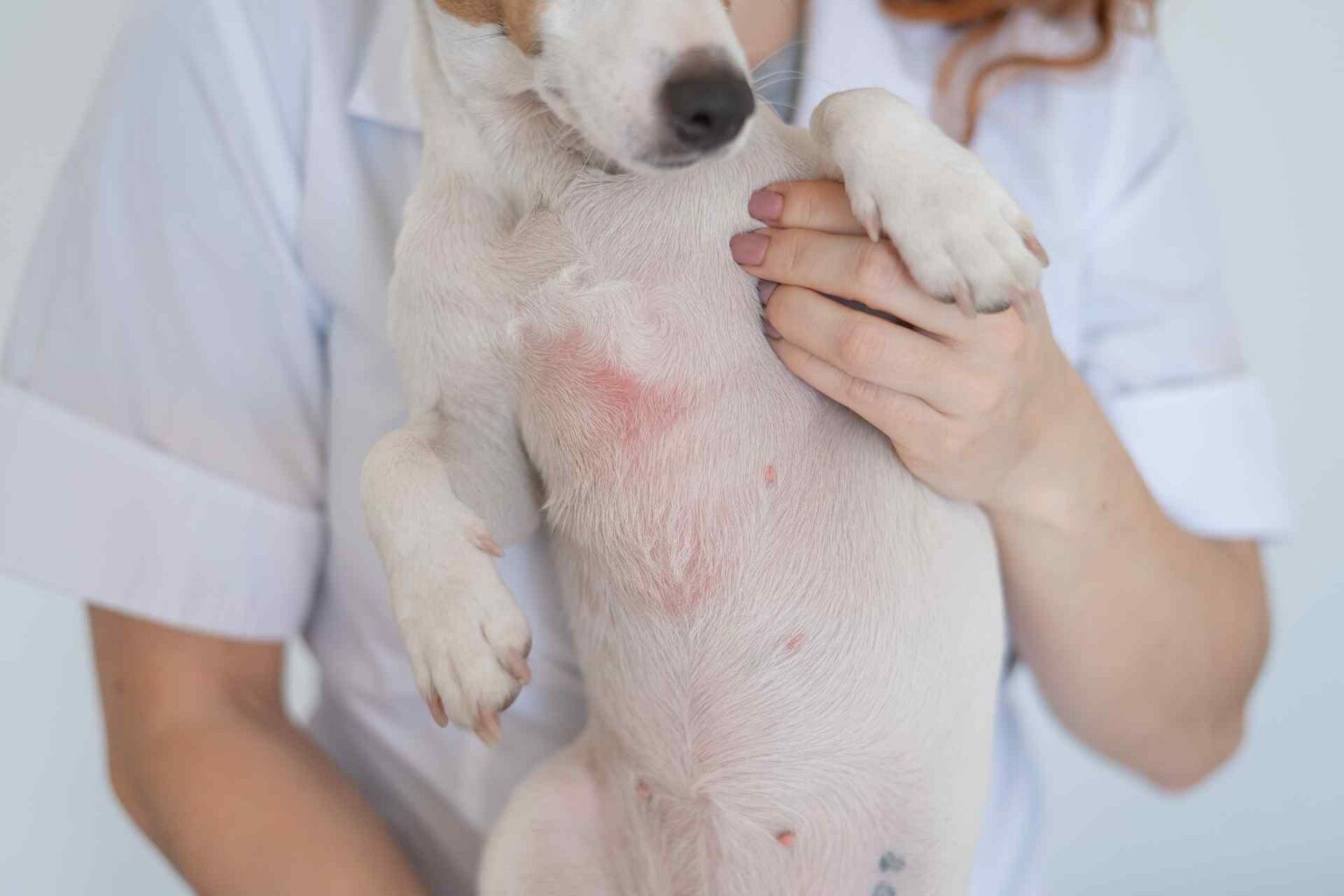An Italian study evaluated the efficacy of a nutraceutical product based on blackcurrant seed oil, Lactobacillus reuteri tindalus, zinc oxide, and nucleotides.
Atopic dermatitis in dogs is a condition characterized by chronic itching, recurrent skin inflammation, and infection, requiring a multimodal therapeutic approach using both topical and systemic products. Known hallmarks of canine atopic dermatitis include dysbiosis of the skin microbiota.
Because a close link between the gut and skin microbiota has been observed, several studies have considered probiotics as possible resources to reduce the clinical signs of atopic dermatitis.
The study of atopic dermatitis in the dog
Specifically, a study conducted by researchers from several Italian centers evaluated the efficacy of a nutraceutical product based on blackcurrant seed oil, Lactobacillus reuteri tindalus, zinc oxide, and nucleotides in reducing disease manifestations in dogs with atopic dermatitis.
Forty-five dogs were included in the study, which received one capsule containing Lactobacillus reuteri NBF-1 (at a dose of 6×109 colony-forming units) daily, in combination with preexisting maintenance therapy and single-protein or hydrolyzed protein dietary regimens.
The first group of 32 dogs received the probiotic for a period of 60 days, while the second group of 13 dogs followed the probiotic treatment for 120 days.
Data on dermatitis signs were collected at day 0 and every 30 days for 120 days through validated instruments: theCanine Atopic Dermatitis Lesion Index (CADLI) theVisual Analogic Scale(VAS) and the fecal score.
Through 16S-rRNA gene sequencing of the DNA of the microbiota, the dysbiosis index (DI) was calculated to assess the deviation from the state of eubiosis: the higher the index values, the greater the extent of dysbiosis.
No significant differences were found between the two groups in mean values of VAS and dysbiosis index.
The results of the research
Compared with the values at baseline (day 0), at 60 days in group 1 the mean values of all parameters considered were reduced: VAS by 1.20 points, CADLI by 3.66 points, fecal score by 0.53 points and dysbiosis index by 3.90 points. After discontinuation of probiotic administration, the scores increased, but the results were not statistically significant.
As for group 2, there was a decrease in all parameters for each additional day of probiotic treatment, although the decrease varied in magnitude.
Finally, comparing the data recorded in Group 1 at 60 days and Group 2 at 120 days, it was found that VAS and CADLI scores were significantly lower in the latter.
Overall, therefore, the results of the study indicate that oral intake of Lactobacillus reuteri tindalized is associated with reduction in the mean values of clinical parameters indicative of atopic dermatitis(CADLI, VAS, and fecal score); moreover, the probiotic regulates the composition of the intestinal microflora, improving dysbiosis.
Probiotics that act directly on the intestinal tract, therefore,are effective and can be an integral part of long-term therapy for atopic dermatitis in dogs.
Reference
Gramenzi A, Persico P, Di Prinzio R, et al. Efficacy of tyndalised Lactobacillus reuteri, blackcurrant seed oil, zinc oxide and nucleotides on skin and gut microbiota of atopic dogs.











